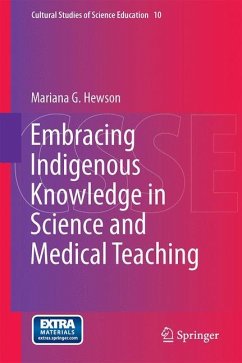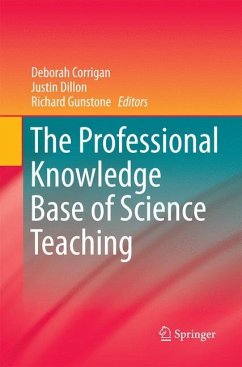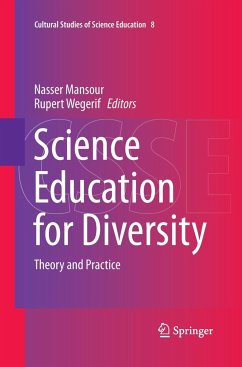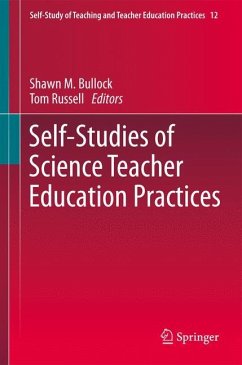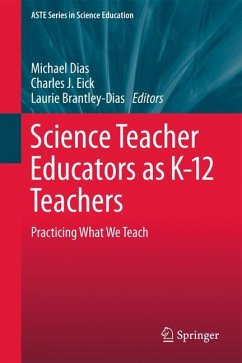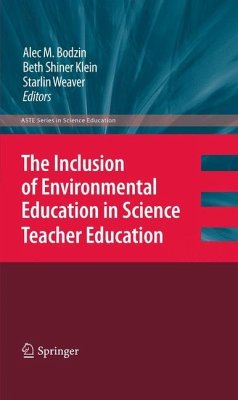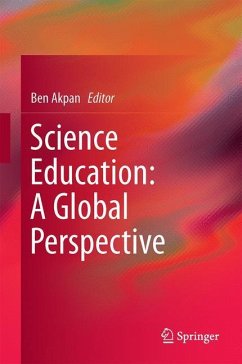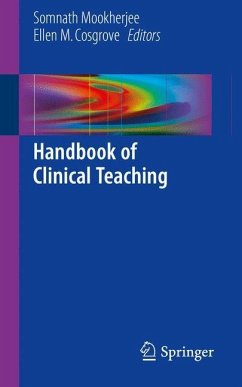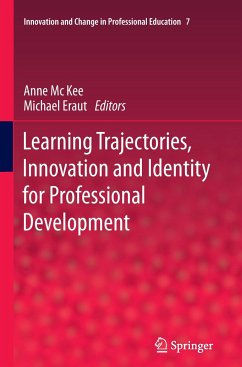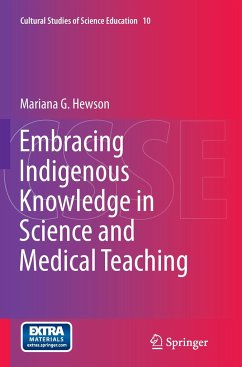
Embracing Indigenous Knowledge in Science and Medical Teaching
Versandkostenfrei!
Versandfertig in 6-10 Tagen
38,99 €
inkl. MwSt.
Weitere Ausgaben:

PAYBACK Punkte
19 °P sammeln!
The focus of the book is on different ways of knowing: the western scientific way (reductionist, dualistic and materialist) versus the indigenous approach (holistic, non-dualistic, and spiritual). It discusses both science and medicine in the context of the challenges experienced in introducing science and medicine into Africa through imperialism, colonization, and globalization. It looks at selected indigenous African paradigms, the dominant western paradigms, and the practitioners that represent these practices. The book deals with questions concerning compatibility and incompatibility of di...
The focus of the book is on different ways of knowing: the western scientific way (reductionist, dualistic and materialist) versus the indigenous approach (holistic, non-dualistic, and spiritual). It discusses both science and medicine in the context of the challenges experienced in introducing science and medicine into Africa through imperialism, colonization, and globalization. It looks at selected indigenous African paradigms, the dominant western paradigms, and the practitioners that represent these practices. The book deals with questions concerning compatibility and incompatibility of different ways of knowing and delves into epistemological stances, and the assumptions underlying these epistemologies. The volume investigates whether, and how a person can accommodate different epistemologies, and the nature of such accommodations.





